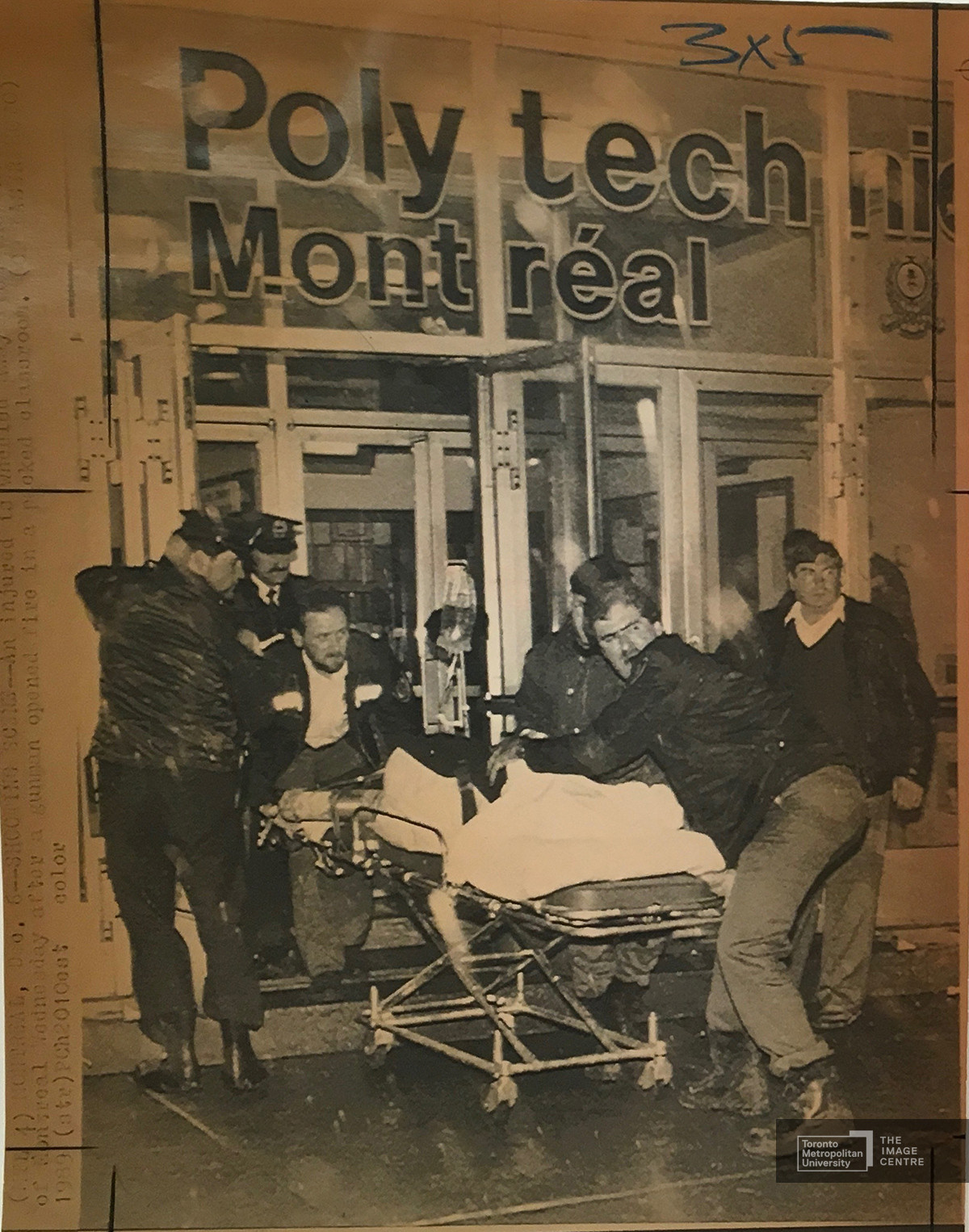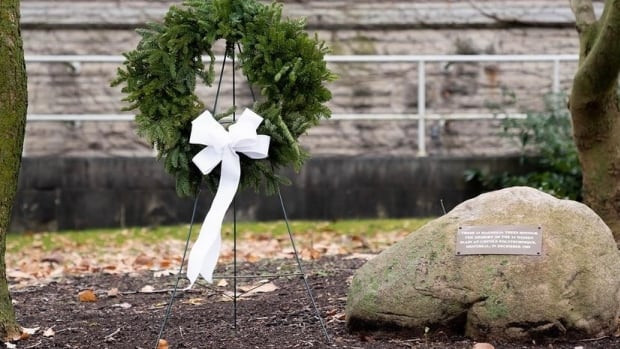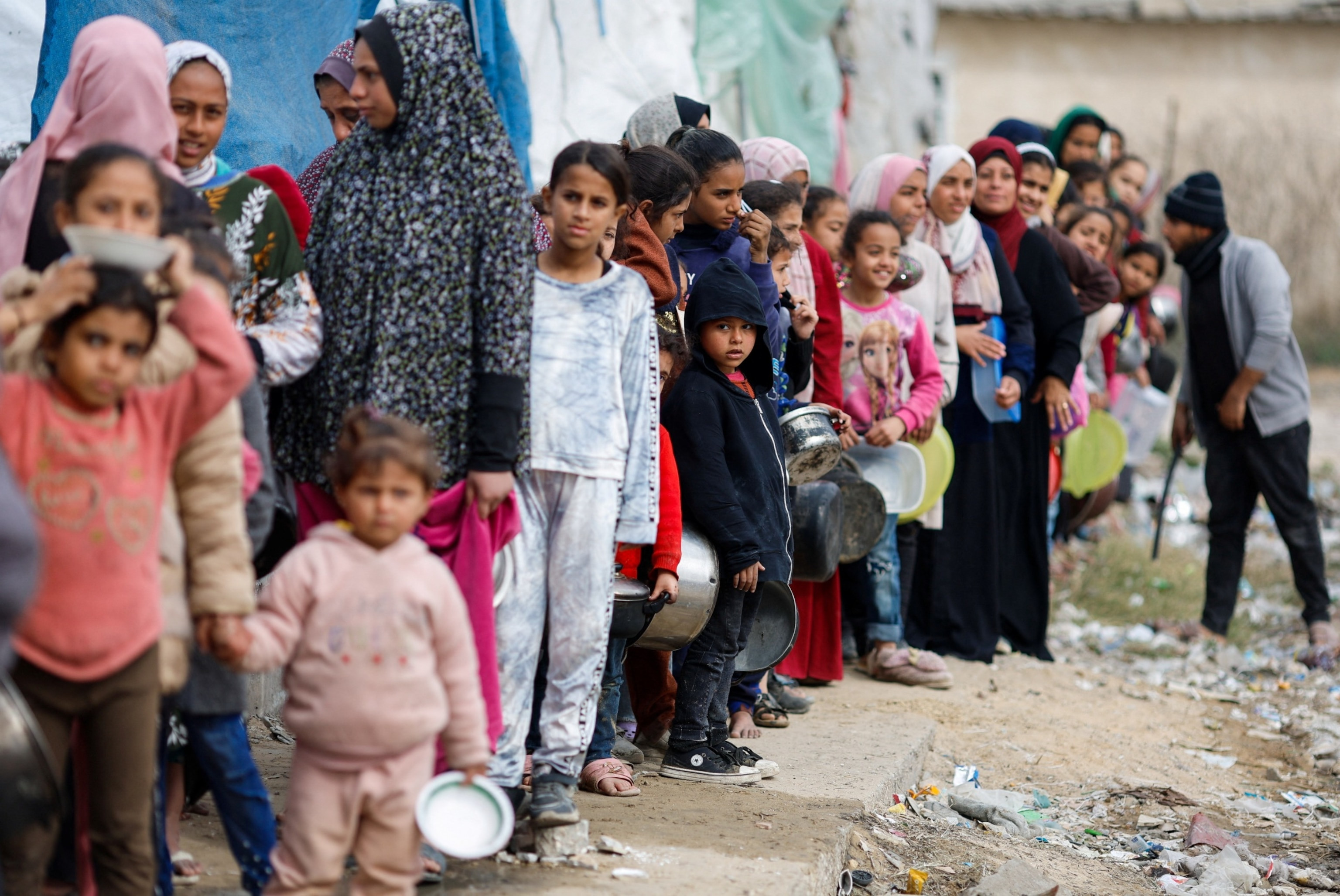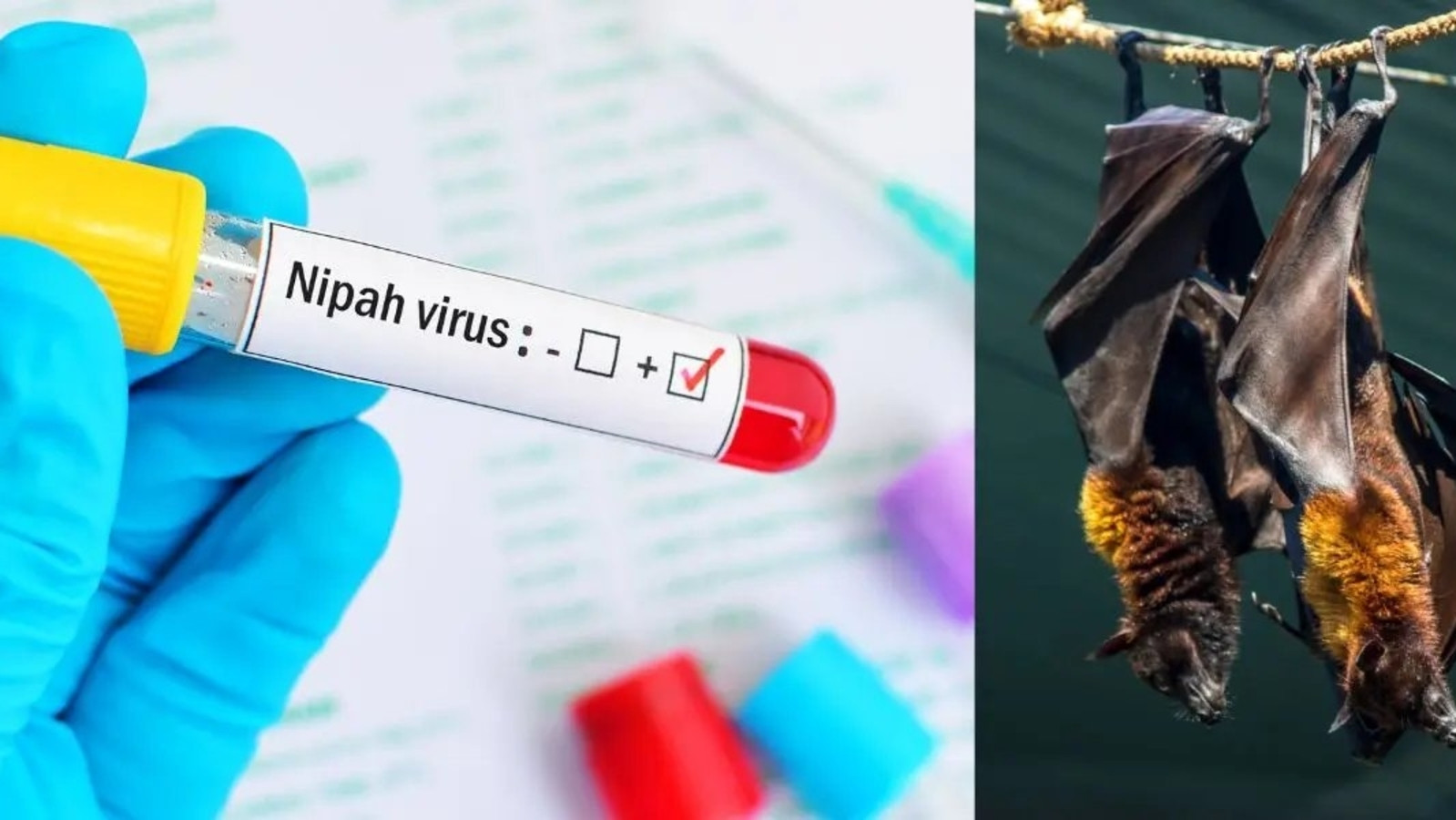Montreal Massacre: 35 Years Later, The Unreleased Suicide Note and its Lingering Impact
On December 6, 1989, a horrific act of violence shook Canada to its core. Fourteen women were murdered at Montreal's École Polytechnique by a gunman driven by hatred for feminists. This tragedy, now 35 years past, continues to reverberate, not only in the lives of those directly affected but also in the ongoing fight against gender-based violence.
The Unreleased Suicide Note: A Key to Understanding
Francine Pelletier, a journalist at La Presse, found herself unexpectedly thrust into the heart of this tragedy. Early that December morning, she received a chilling call informing her that her name was on a hit list found on the gunman, Marc Lépine. The list, along with Lépine's suicide note, had been leaked to the newspaper. The hit list included 19 women Lépine deemed "radical feminists," whom he would have killed had time permitted. The leaked information sparked outrage, particularly as Montreal police had initially refused to release the suicide note, citing fears of copycat crimes.
The journalist's determination to uncover the truth led her on a months-long quest. Despite repeated rejections from police and access-to-information requests, Pelletier, fueled by the belief that the public deserved answers, eventually received an anonymous copy of the note. The note revealed Lépine's warped ideology, blaming feminists for ruining his life and claiming women sought the privileges of men. Pelletier's subsequent publication of the note brought to light the shooter's anti-feminist motivation, framing the massacre as a backlash against women's liberation.
The Significance of the Note
The revelation of the contents of Lépine's suicide note was pivotal. It provided concrete evidence of the shooter's misogynistic motives, shifting the public discourse from speculation about an isolated incident towards recognition of a deep-seated issue of gender-based violence.
The Lasting Legacy of the Massacre: An Ongoing Struggle
Thirty-five years after the tragedy, the Montreal Massacre's shadow continues to loom large. Pelletier's own experience highlights the enduring nature of gender-based inequality and violence, a stark reminder that the fight for women's liberation is far from over. The massacre, she emphasizes, was not an isolated incident but a symptom of a larger societal problem that continues to affect women today.
The need for continued action
Pelletier's work, spurred by her discovery of the hit list and the eventual acquisition of the suicide note, has become a cornerstone in understanding the Polytechnique massacre's impact. It is a stark reminder of the ongoing need for societal change and heightened awareness surrounding gender-based violence.
A Future Free from Violence: Honouring the Victims, Inspiring Action
The National Day of Remembrance and Action on Violence Against Women serves as an annual reminder of the devastating impact of violence against women. The names of the fourteen women murdered at École Polytechnique – Geneviève Bergeron, Hélène Colgan, Nathalie Croteau, Barbara Daigneault, Anne-Marie Edward, Maud Haviernick, Maryse Laganière, Maryse Leclair, Anne-Marie Lemay, Sonia Pelletier, Michèle Richard, Annie St-Arneault, Annie Turcotte, and Barbara Klucznik-Widajewicz – are etched into our collective memory, underscoring the imperative to fight for a future where such violence is a relic of the past. This day of remembrance serves as a catalyst for ongoing conversations, promoting increased awareness and highlighting the need for continued action in combating violence against women. The victims’ memory should not just be commemorated but should inspire us to create meaningful changes in our society to prevent such tragedies from ever happening again.
The 35th anniversary serves as a potent reminder of the progress made in understanding and addressing gender-based violence, yet also underscores the continuing challenges. The stories of survivors, like Nathalie Provost, who bravely continue advocating for stricter gun control and mental health awareness, highlight the resilience of those affected and the critical importance of creating a more equitable and safe society. The ongoing efforts to increase the number of women in engineering, as exemplified by the work of Annie Ross and the Order of the White Rose scholarship, illustrate the determined pursuit of a future where such violence is unthinkable.
In remembering the Montreal Massacre, we must commit to ensuring that the sacrifices of these 14 women were not in vain. The fight continues; the struggle for equality, safety, and justice for women remains a critical priority. Let us honour their memories by working towards a world where such senseless violence is a distant, horrific memory; a world where the pursuit of gender equality is not met with violence or hatred. Let us ensure the progress made in addressing violence against women and their empowerment continues, for them, and for generations to come. We must never forget.


















